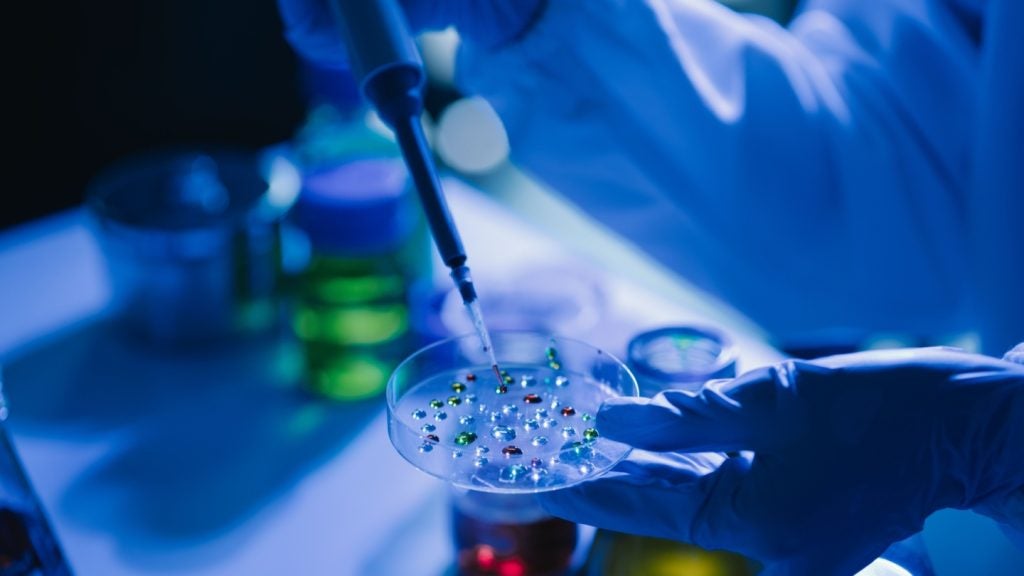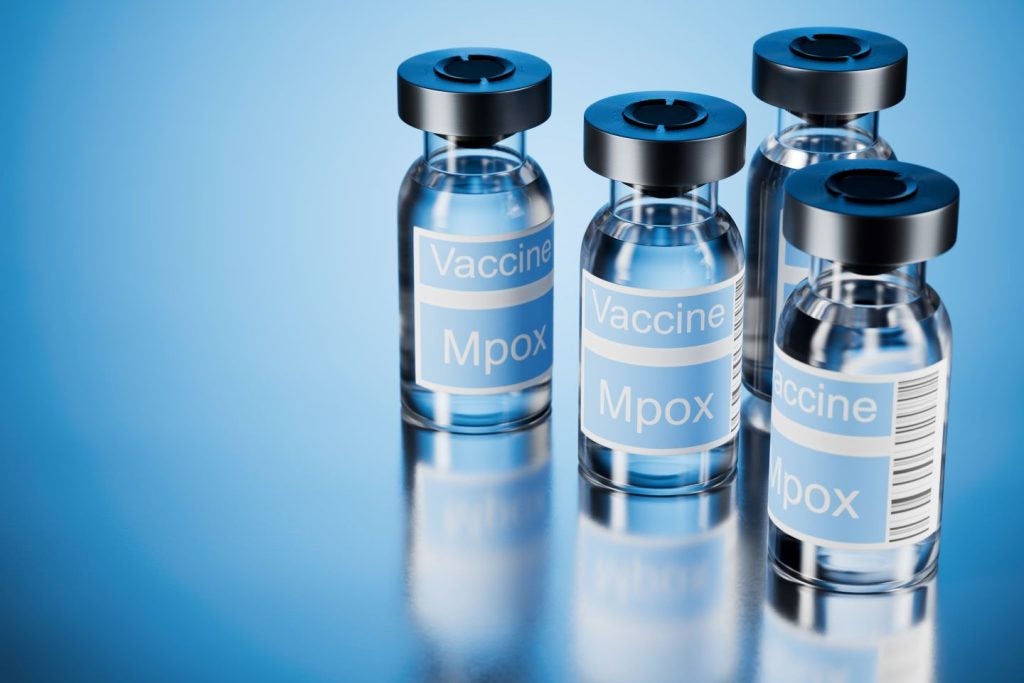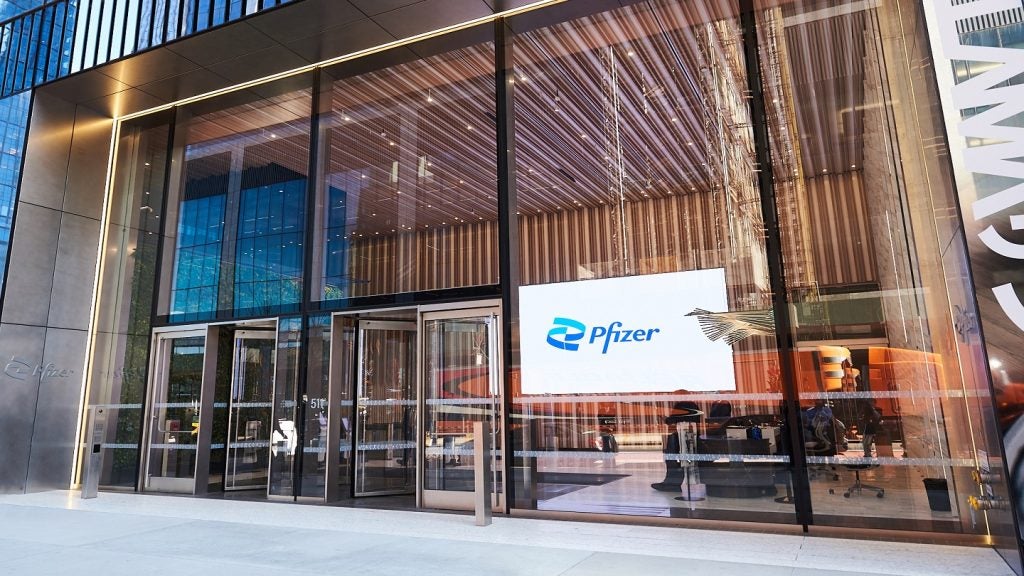A team of researchers from Uppsala University and KTH Royal Institute of Technology in Sweden has developed a new antibody, which could potentially treat various types of cancer.
For this approach, researchers combined three varying functions in the antibody, which is said to enhance the effect of T cells on cancerous tumours.
The antibody delivers a drug package and activates the immune system for tailored immunotherapy treatments.
It specifically redirects the immune system to recognise and attack ‘neoantigens’, which are mutations and gene alterations seen only in cancer cells.
The dual mechanism of the antibody involves delivering tumour-specific material to immune cells and stimulating them to enhance the T-cell response.
The potential of this approach was evidenced in both human blood samples and animal models, researchers noted.
Studies demonstrated that the antibody can activate the correct immune cells and also prolong survival in mice. At higher doses, the antibody saved the mice from cancer and was found to be safer than prior cancer treatments.
The study's outcomes indicated that this method can be tailored to individual patients to bolster the immune system's fight against cancer.
Uppsala University Department of Pharmacy professor Sara Mangsbo said: “We have been researching precision medicine for close to 15 years now, as well as how we can use antibodies to influence an important key protein (CD40) in the immune system. We can now show that our new antibody method works as precision medicine for cancer.”
The next step of antibody development will involve utilising the fully optimised production process to manufacture the drug candidate for additional safety studies, followed by the initiation of clinical trials in humans for treating cancer.
KTH Royal Institute of Technology professor Johan Rockberg said: “The advantage of our drug is that it is easy to produce on a larger scale, yet can be easily tailored to the patient’s disease or specific tumour."















